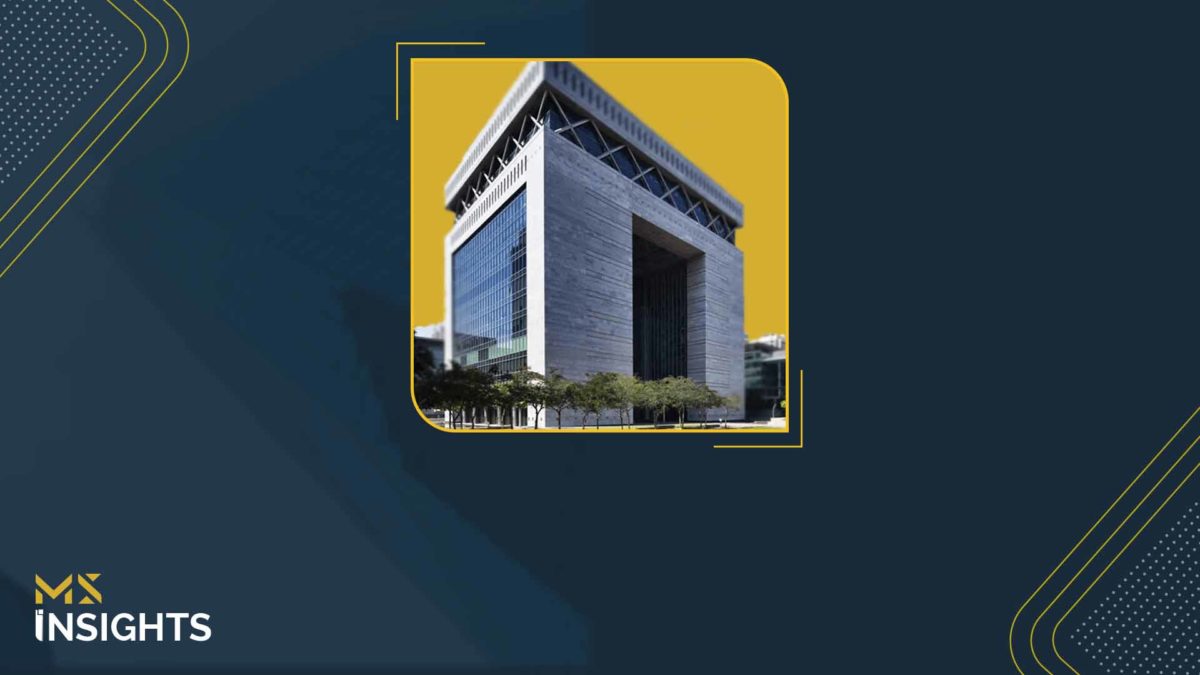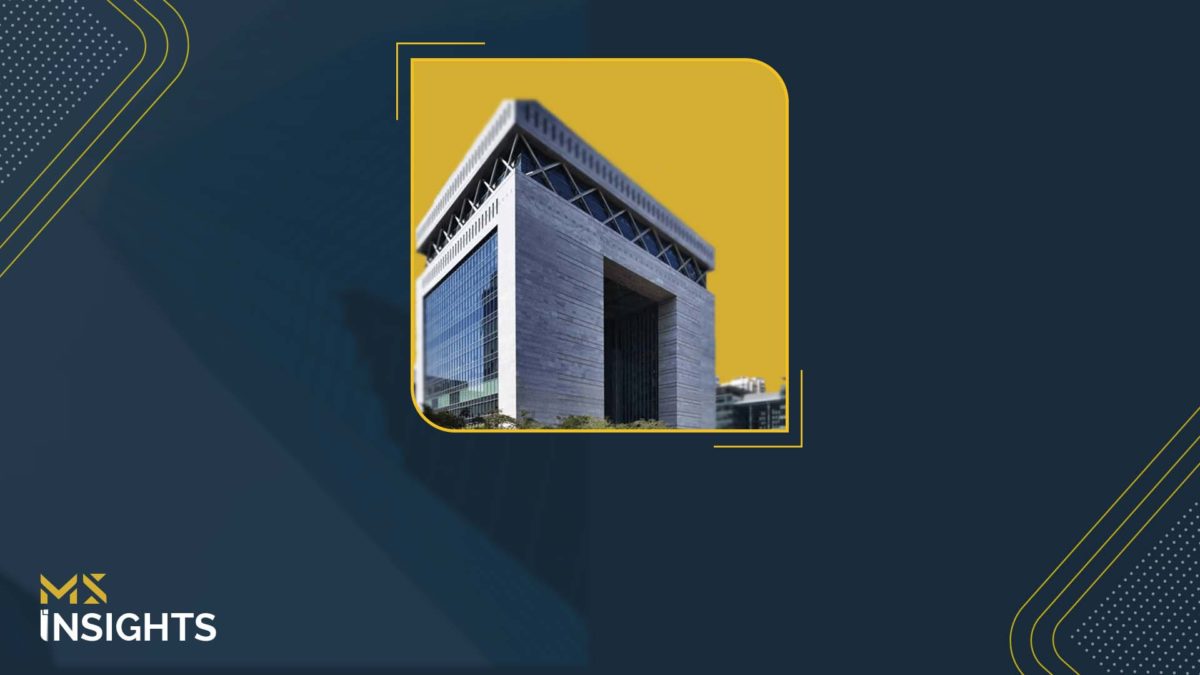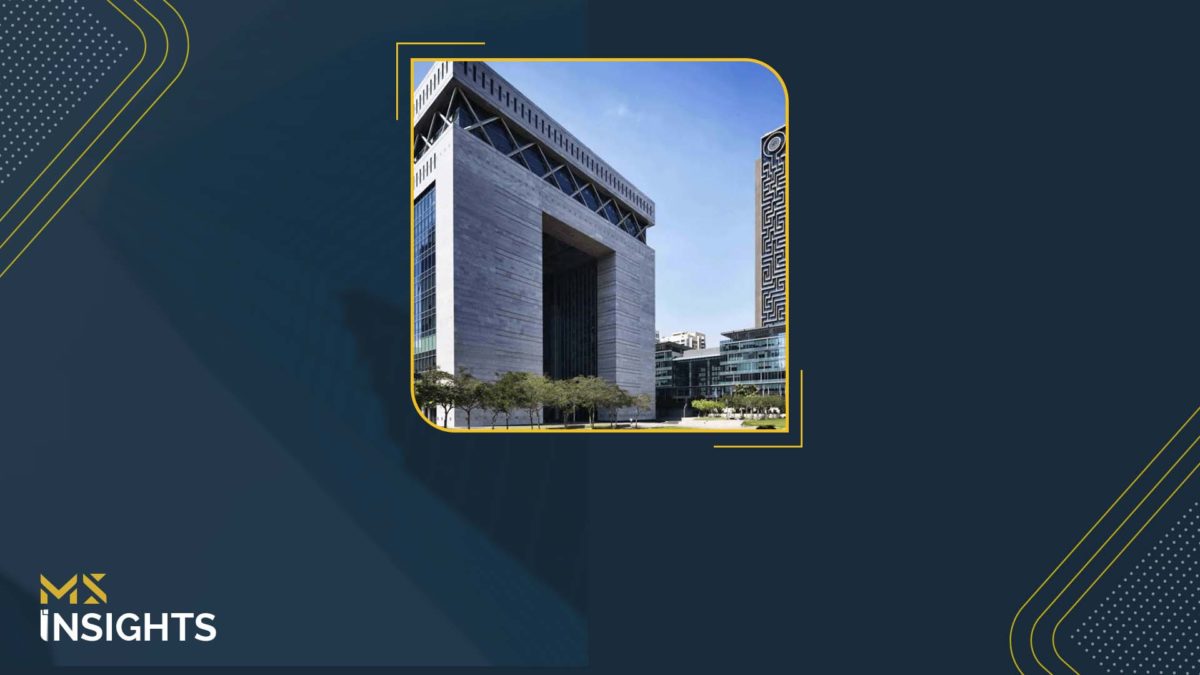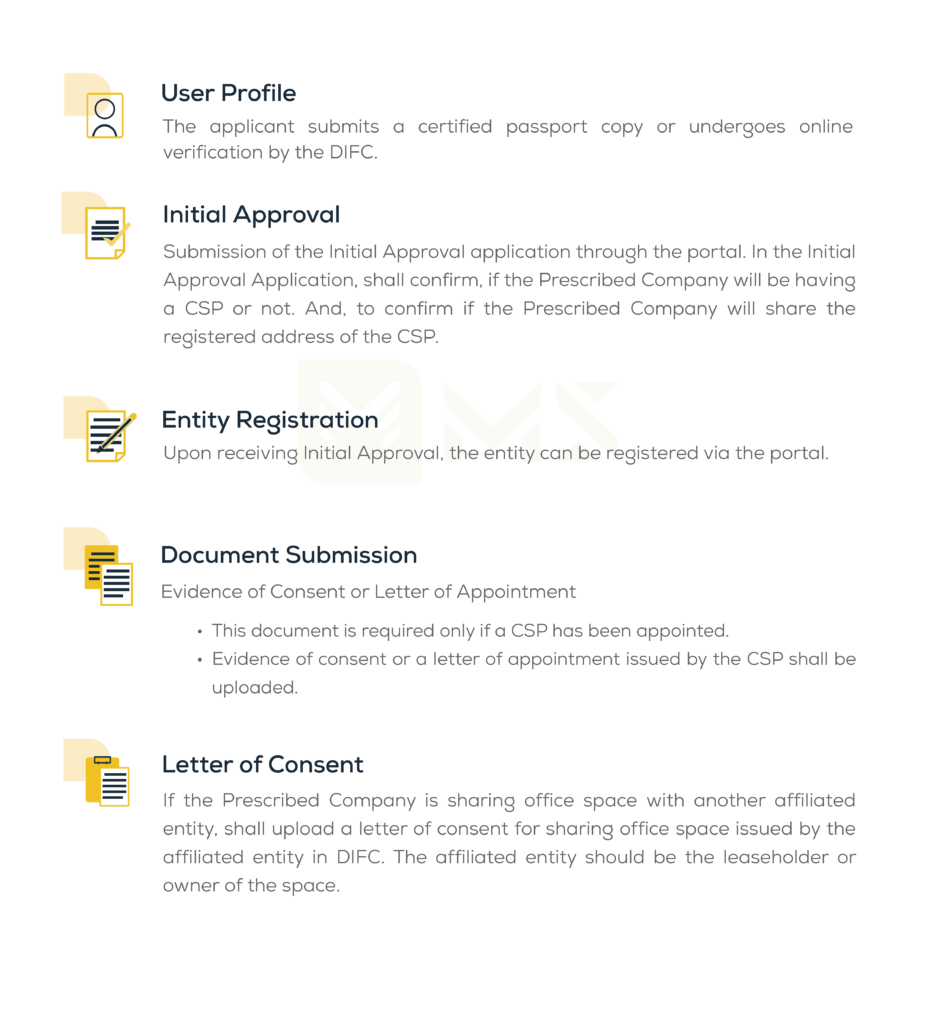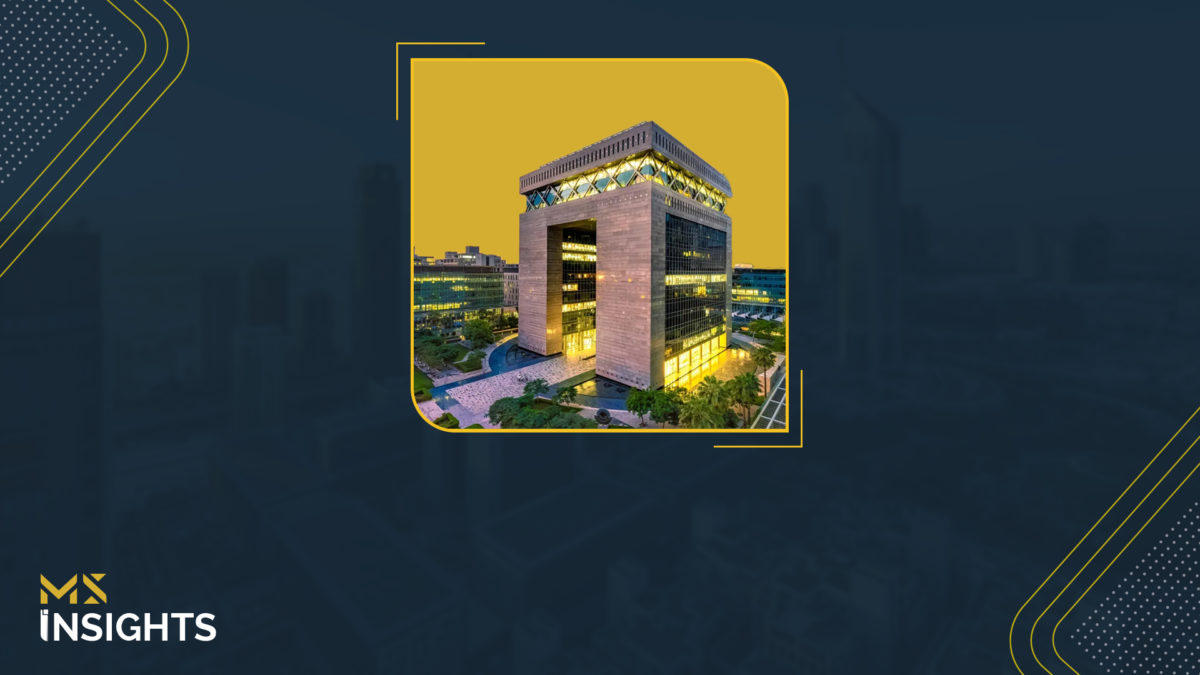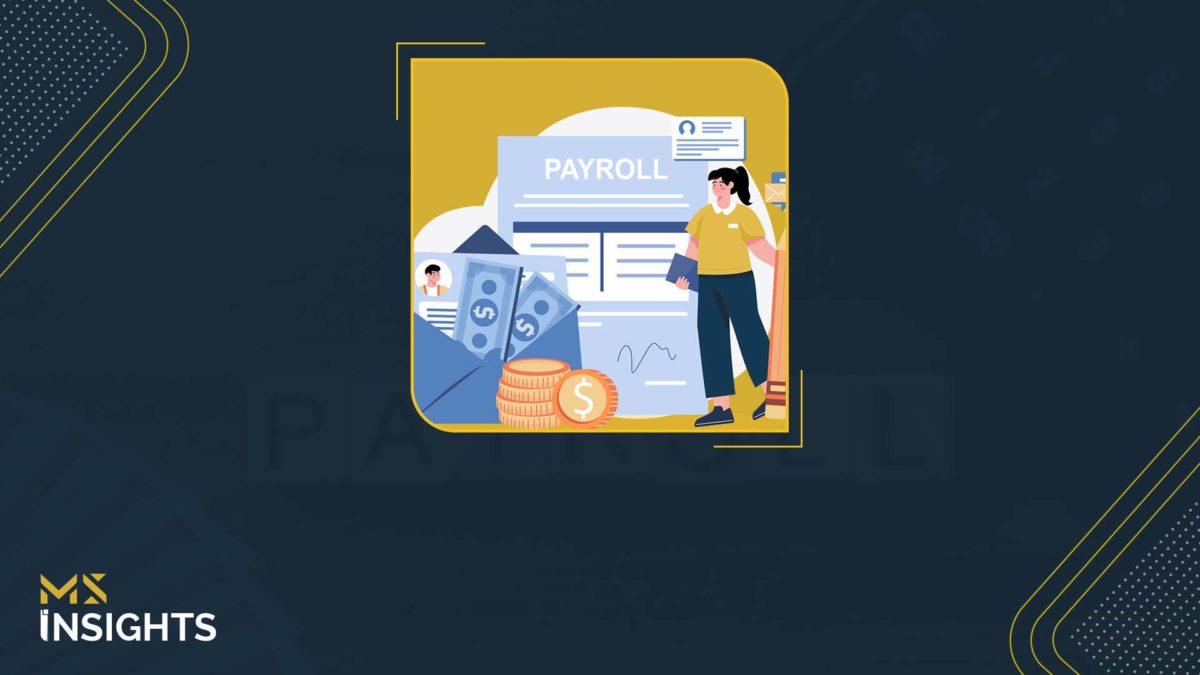The regulatory landscape of the Dubai International Financial Centre (DIFC) just got more exciting with the recent updates to the Prescribed Company Regulations. As of July 15, 2024, the DIFC has expanded its criteria, making it easier than ever for diverse entities to establish a Prescribed Company. But what truly sets this new framework apart? It’s the pivotal role of Corporate Service Providers (CSPs) in shaping the future of business operations within DIFC.
CSPs are the unsung heroes of the Prescribed Company setup process. They bring unparalleled expertise in regulatory compliance, anti-money laundering (AML) measures, and administrative efficiency. From appointing qualified directors to managing compliance requirements, CSPs ensure that your Prescribed Company meets all legal standards while thriving in DIFC’s dynamic business environment.
Before we dive into that, let’s take a look at what defines a Prescribed Company in DIFC.
What is DIFC Prescribed Company?
A Prescribed Company in DIFC is a private company established under the DIFC Prescribed Company Regulations, which can be set up by Qualifying Applicants such as DIFC-registered entities, their affiliates, shareholders, ultimate beneficial owners controlling a DIFC-registered entity, authorized firms, funds, UAE government entities, or family-operated businesses. Effective from July 15, 2024, the DIFC has introduced significant updates to its Prescribed Company Regulations, expanding the eligibility criteria for Prescribed Companies beyond the previously restricted specific types of entities and activities. These updates aim to enhance the flexibility and attractiveness of the DIFC as a business hub.
To qualify as a Prescribed Company, a company must meet at least one of the following conditions:
Ownership and Control
- Controlled by one or more GCC citizens or entities owned by GCC citizens.
- Controlled by an Authorized Firm.
- Controlled by a DIFC Registered Person (excluding Prescribed Companies and NPIOs).
Purpose
- Primarily established to own or control GCC Registrable Assets including land and real estate property, shares in companies, partnership interests, aircraft and maritime vessels, etc.
- Established for a Qualifying Purpose (as defined by existing regulations).
Director Requirement
- Must appoint a director who is an employee of a DFSA-registered Corporate Service Provider (CSP) with an AML arrangement with the DIFC. The CSP must also have an agreement with the DIFC Registrar of Companies to handle specific compliance and AML tasks for the company.
The requirement for a mandatory director from a DFSA-registered CSP directly links to the extensive role CSPs play in Prescribed Company management. By appointing a director, CSPs not only ensure regulatory compliance but also provide the foundation for their broader involvement in the company’s operations. This includes handling compliance and AML functions, acting as a registered address, and conducting necessary regulatory assessments.
Who are Corporate Service Providers (CSPs)?
A Corporate Service Provider (CSP) is a company or individual offering a range of essential services to businesses, including company formation and registration, secretarial services, tax planning and compliance, accounting and bookkeeping, legal assistance, business advisory, payroll management, and office space solutions. These services help businesses manage complex regulatory environments, handle administrative tasks, and ensure compliance with local and international laws, enabling them to focus on core operations and strategic growth.
The Role of Corporate Service Providers (CSPs) in PC Setup
CSPs play a pivotal role in the establishment and ongoing management of Prescribed Companies. Here’s how CSPs facilitate the process:
- Appointing Directors
- Individuals or entities that do not meet the qualifying requirements can still establish a Prescribed Company by appointing a director who is an employee of a DFSA-regulated CSP.
- Compliance and AML Functions
- The CSP assumes responsibility for ensuring that the Prescribed Company adheres to all relevant regulatory requirements, including AML compliance.
- The CSP handles annual reporting requirements and Ultimate Beneficial Ownership registration requirements.
- Registered Address
- The CSP can provide a registered address for the Prescribed Company, ensuring a professional and compliant business presence within the DIFC.
- Regulatory Assessments and Checks
- The CSP conducts all necessary assessments and checks to ensure the Prescribed Company remains compliant with DIFC regulations.
The updated DIFC Prescribed Company Regulations mark a significant development in the DIFC’s efforts to enhance its appeal as a premier business destination. By widening eligibility criteria and emphasizing the role of DFSA-registered CSPs, the DIFC has created a more flexible and attractive framework for businesses seeking to operate within its jurisdiction. CSPs are pivotal in this process, providing essential services that ensure regulatory compliance, facilitate smooth company operations, and uphold stringent anti-money laundering standards. For businesses considering the DIFC as their base, understanding these regulations and leveraging the expertise of CSPs will be key to capitalizing on the benefits of this evolving regulatory environment.
